Verdant Chorus
Introduction
"A mage is not above the world. We are but a leaf on the tree of life"
In a world scarred by mistakes and hunger, the Verdant Chorus are the last who listen to the land’s final, mournful song.
Where others see ruin, they kneel; paying respect to nature’s fragile attempts to reclaim what people left behind. Where ashen winds howl through shattered stone, they hum the old songs. Some to restore what was lost; others to guide what has yet to come. They walk as nomads, wandering from place to place, gathering those who still carry a spark bright enough to be nurtured back to life. They listen to the secrets of spirits, to their pleading for the Veil to be sealed once more.
And though many of their number have withered and vanished into obscurity, their presence lingers in wild growth, in dreams of green, in bones that bloom red flowers. The Verdant mages know how to survive in the margins. It is something they learned long ago, when the fires of the Inquisitions hunted their shamans, their seers, their sacred groves. The odds were against them then, too. Yet they endured. They survived the holy fires that burned their circles to the ground.
Just as they survive now, after the Cataclysm.
Seeds, as they say, dream of light even when buried in ash.
Guardians of Nature
The Verdant Philosophy
By most accounts, the Verdant Chorus is the oldest coven to ever walk the earth. Before the Age of Reason caged it in perception and dissected it into Pillars, Magic moved wild and unbound across the land. Verdant mages walked the world before borders, before temples, before even the idea of separation between the spiritual and the living.
“We walk slow, because we walk far.”
These early practitioners did not bend magic to their will, they walked with it the way roots walk with stone beneath the earth. They felt it in the lethargic pulse of growing trees, in the decay that feeds the bloom, in the sting of sea's breath. To them, magic was never a force to be shaped. It was the voice of the living world; the language through which the spirit of the cosmos communicated with creation.
Over the centuries, Verdant mages walked among early animists, pagans, and spirit-workers; not as guides or prophets, but as kin. Their rites blurred into local traditions: the sabbaths of old witches, the trance-songs of shamans, the solstice fires lit in groves now lost. They were never bound by these faiths, but neither were they strangers to them. Wherever nature was honored, the Chorus was near.
Proposed Soundtrack
- Ashen Circle: “They have sold their souls for power. Their hands are stained with the blood of those they once called kin.”
- Silent Order: “They guard secrets as if they are the only ones worthy. But knowledge alone will not save us.”
- Harbringers: “Their warnings were never heeded. Now, their doom is our own.”
- Immortals: “The dead were never meant to rule the living. They have fouled the cycle with their hunger.”
- Survivors: “They are like weeds: resilient, desperate, and often blind. But even weeds can bloom if the soil is kind.”
The Great Betrayal
The Inquisitions did not begin with fearful masses or zealous faithful. They began as whispers in shadowed halls.
The Ashen Circle - counselors to kings mortal and immortal - sought dominion not just over thrones, but over magiic. They saw the Verdant Chorus not as their kin, but as their greatest rival; a stubborn root resisting the iron blade.
It was they who lit the fires of fear and stoked the hatred. They who guided the Inquisition’s hand toward the groves.
The burning of the Verdant Chorus was a ruthless purge meant to silence the wild and reshape magic in the Ashen Circle’s image. To strip it of mystery, of spirit, of resistance.
Yet fire, once raging, does not stop where you tell it to.
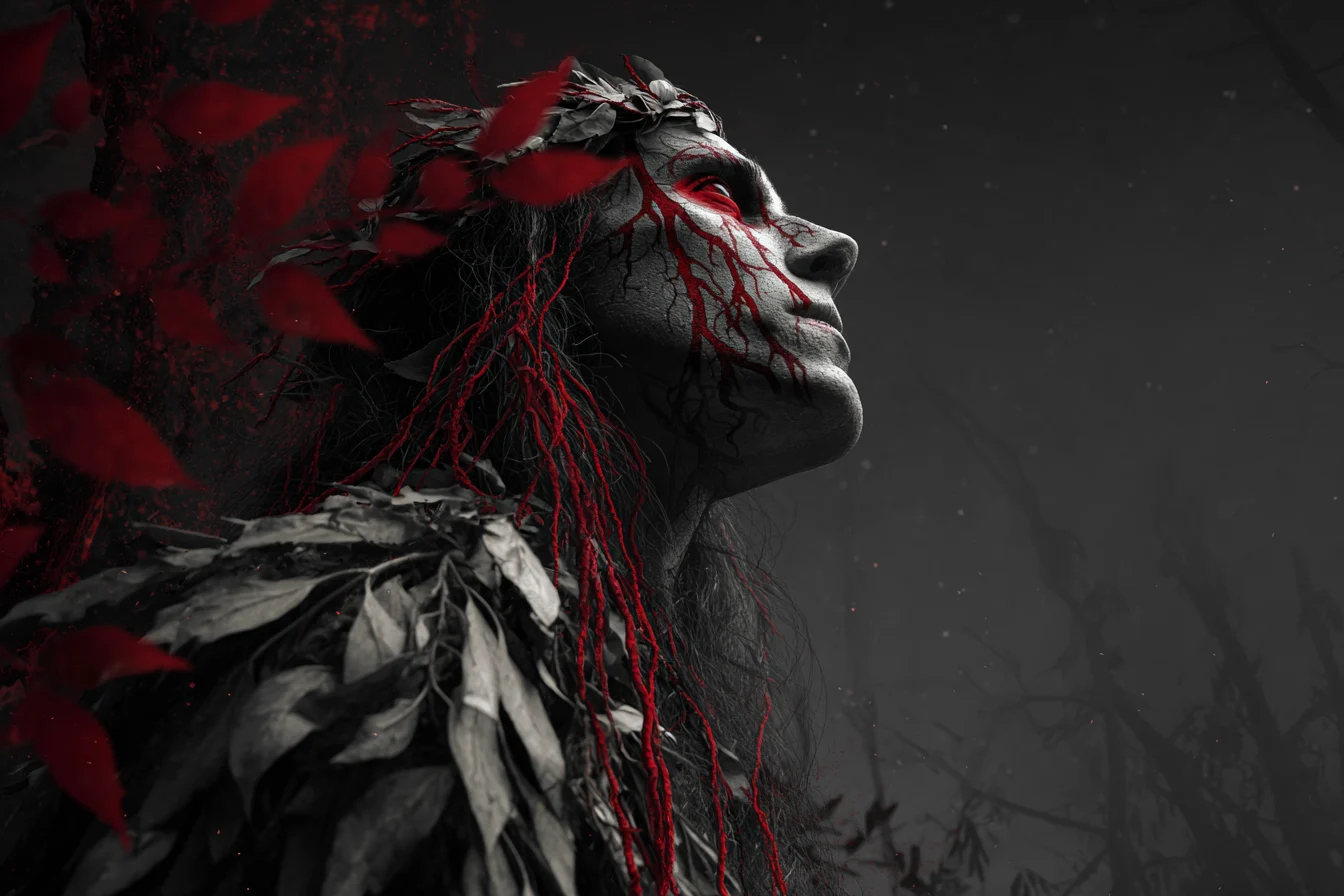
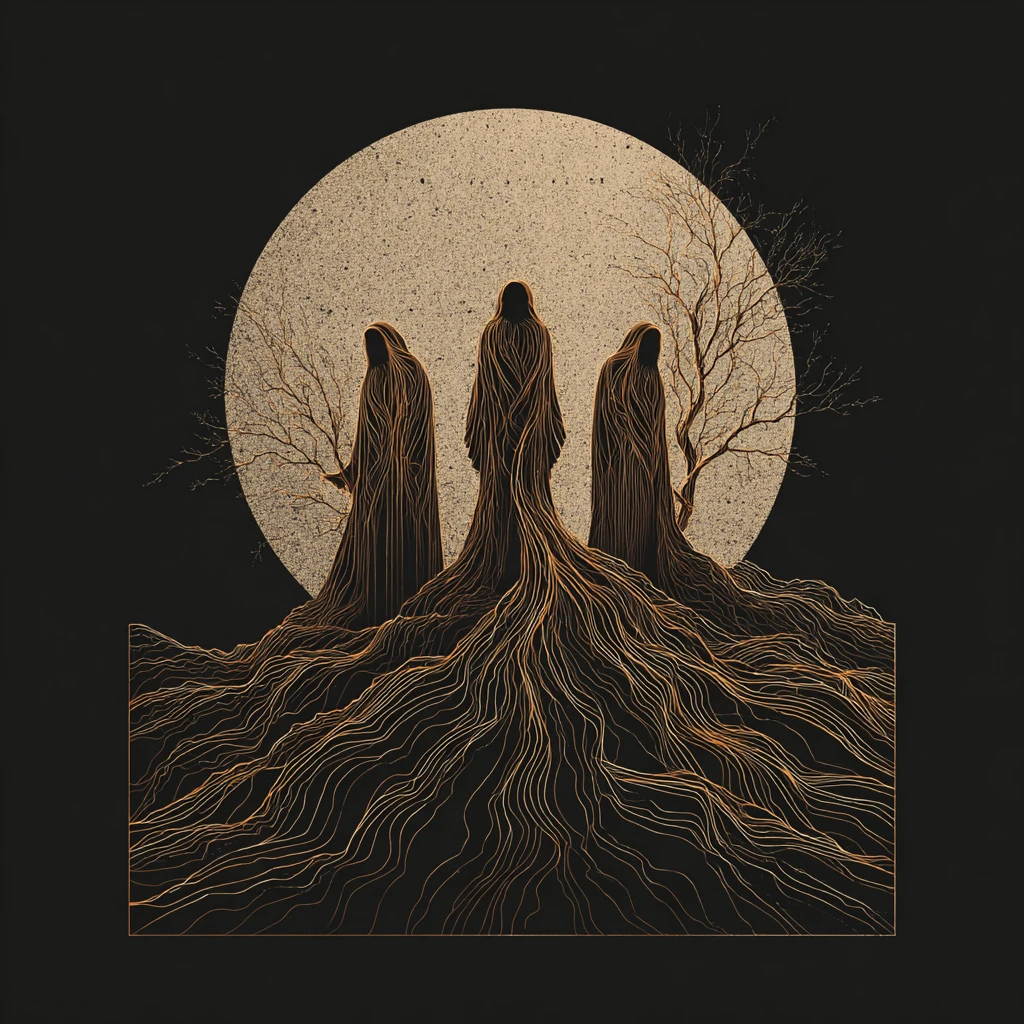

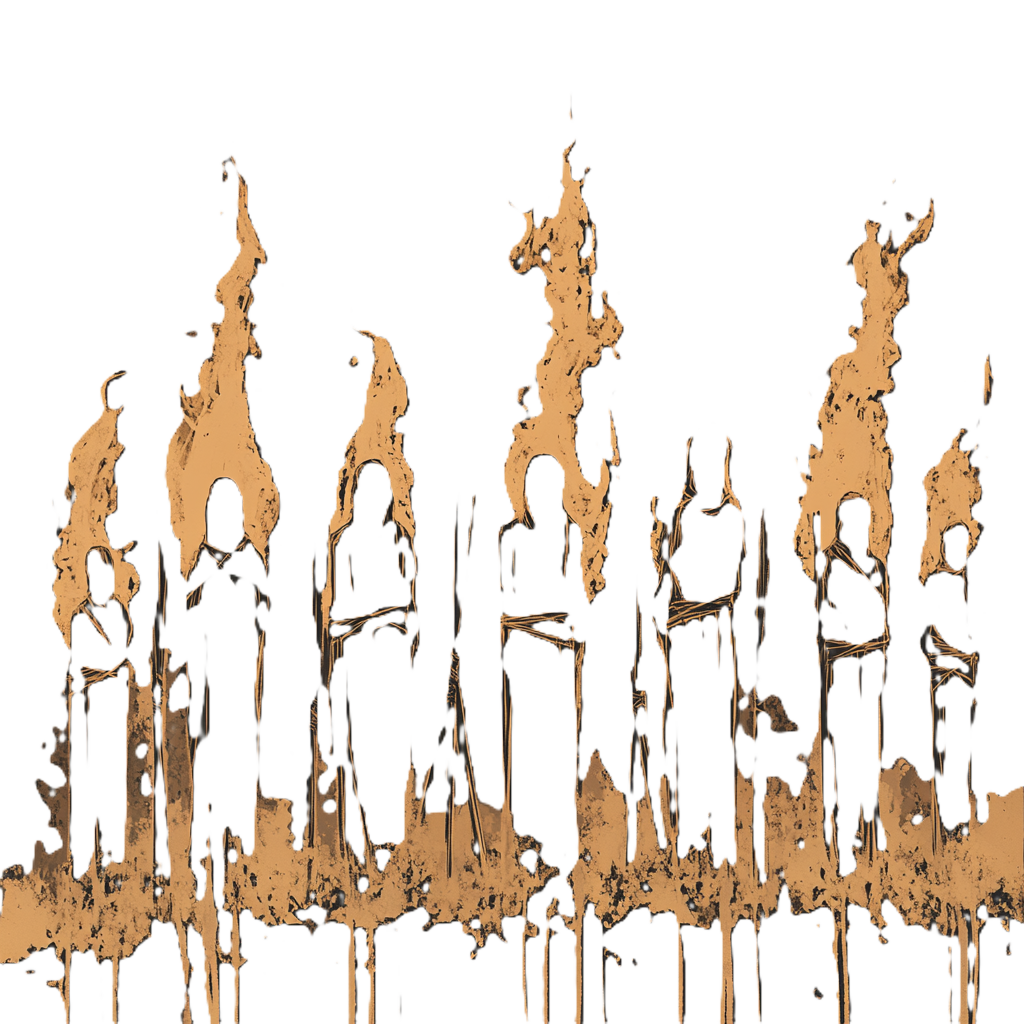
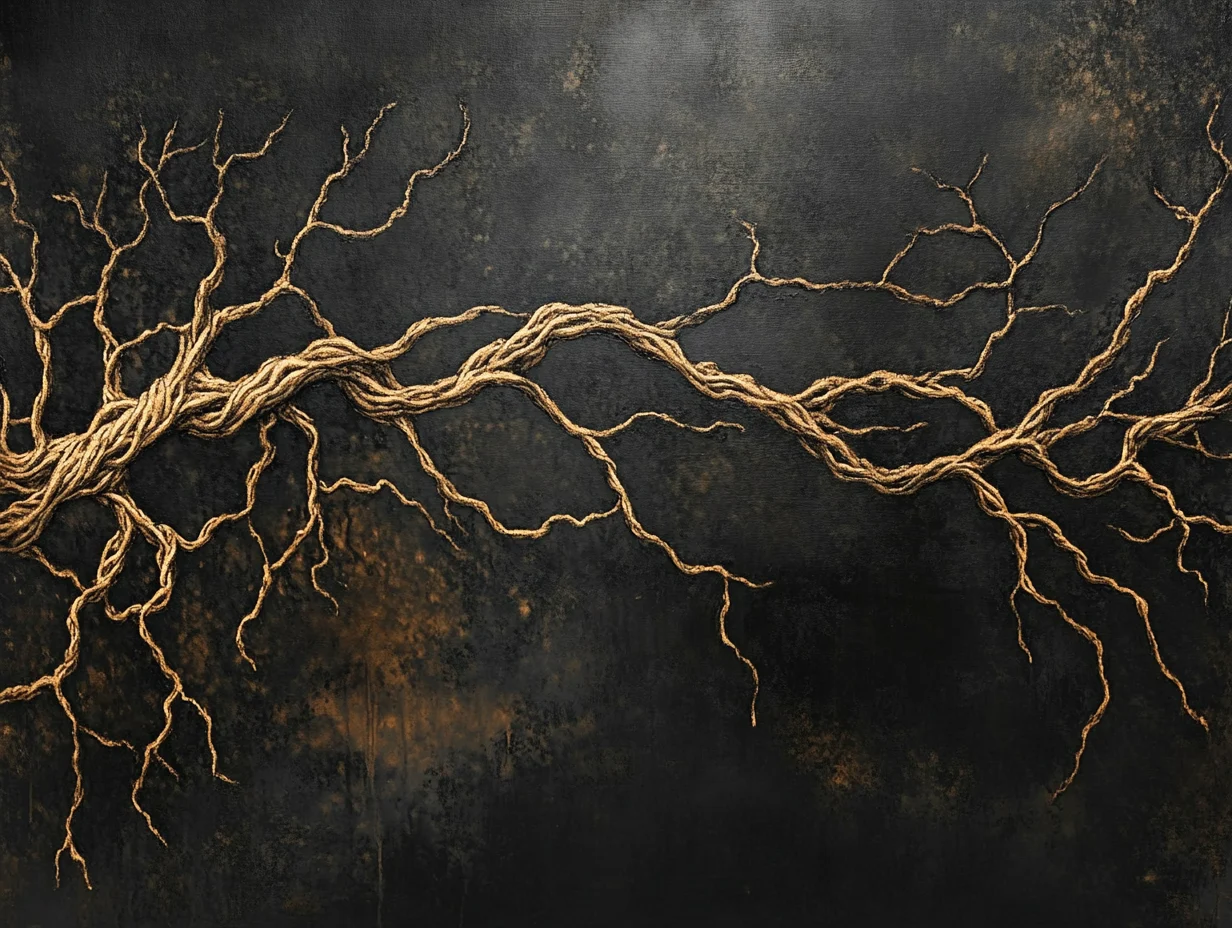
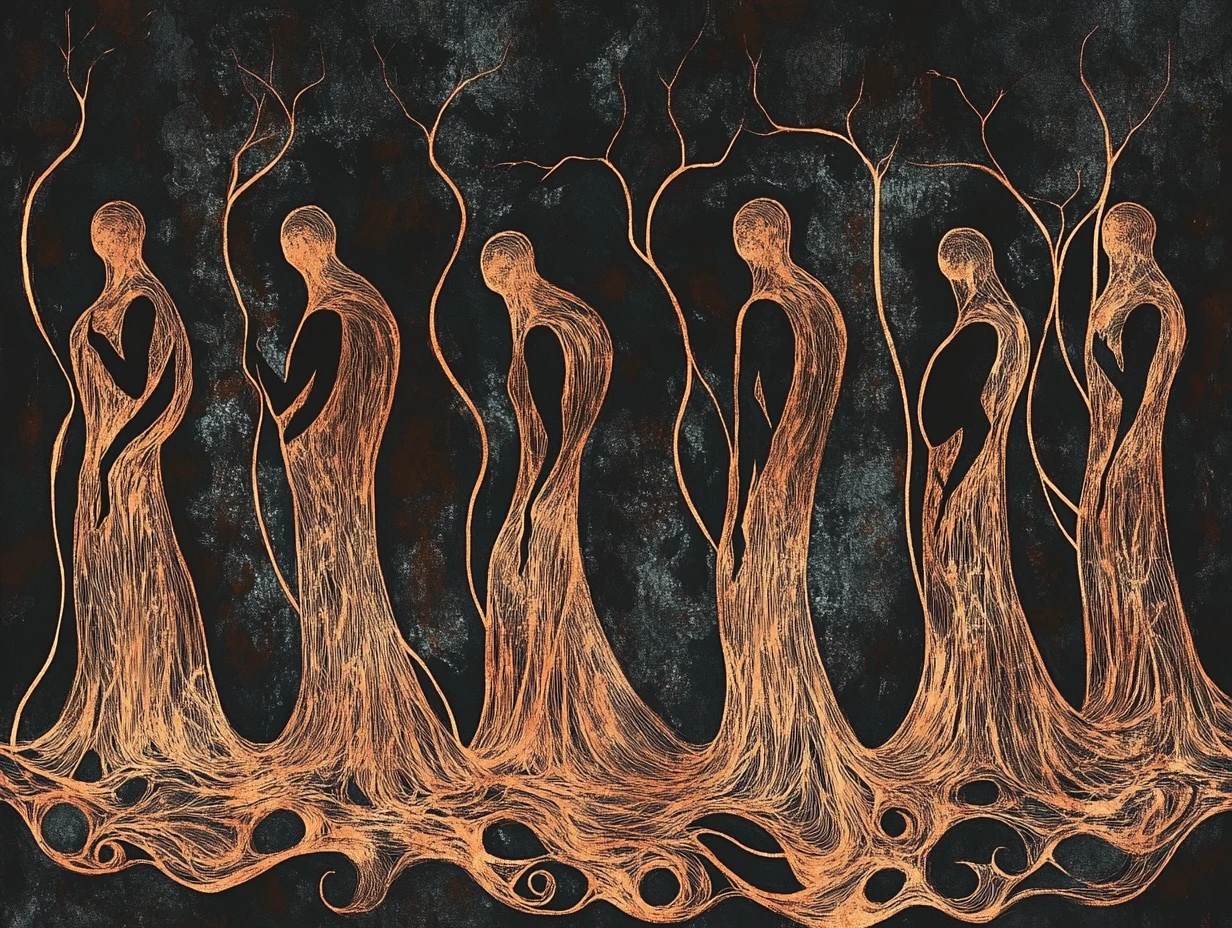







This one is powerful and hungry
Thanks Asmo<3